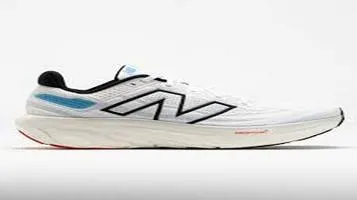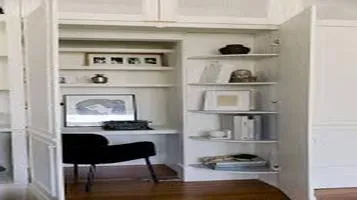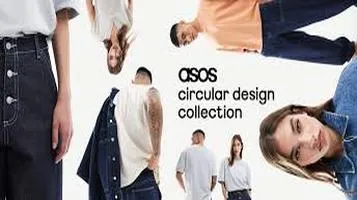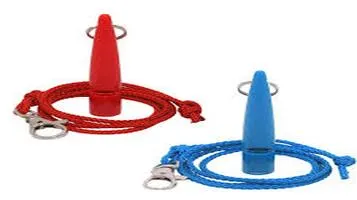Upcycled Planters: A Sustainable and Stylish Gardening Revolution
Upcycled planters are innovative gardening solutions that transform discarded materials into functional and stylish plant containers. By repurposing items like old tires, wooden pallets, tin cans, and glass bottles, these planters promote sustainability and reduce waste. Each upcycled planter carries a unique charm, often reflecting the original material's story while adding character to any garden or indoor space. These eco-friendly planters cater to diverse aesthetics, from rustic and vintage to modern and chic. Ideal for urban gardeners and eco-conscious individuals, upcycled planters encourage creativity and resourcefulness, turning what was once considered trash into a beautiful and practical home for plants. They not only enhance green spaces but also inspire a more sustainable lifestyle by giving new life to old objects.

In recent years, the rise of environmental consciousness has driven many of us to seek eco-friendly alternatives in every aspect of our lives. One of the most innovative and impactful trends to emerge from this movement is the use of upcycled planters. These creative, sustainable gardening solutions not only contribute to reducing waste but also add a unique and artistic flair to any garden space. After exploring various upcycled planter options and integrating them into my own garden, I am thoroughly convinced that they are a fantastic choice for any eco-conscious gardener.
A Creative Approach to Sustainability
Upcycling, by definition, involves repurposing discarded materials into products of higher value or quality. When applied to gardening, this concept has given birth to ingenious planters made from items such as old tires, wooden pallets, broken ceramics, and even plastic bottles. The beauty of upcycled planters lies in their ability to transform what would otherwise be waste into functional and aesthetically pleasing garden accessories.
For example, I recently repurposed an old wooden ladder into a tiered herb garden. Each step of the ladder now holds a variety of aromatic herbs in small pots, creating a charming and space-efficient vertical garden. This project not only saved the ladder from ending up in a landfill but also provided me with a practical solution for growing herbs in a limited space.
Environmental Benefits
The primary advantage of upcycled planters is their positive environmental impact. By reusing materials that would otherwise contribute to the mounting waste problem, upcycling helps to conserve resources and reduce the carbon footprint associated with manufacturing new products. This is particularly important in the gardening world, where traditional planters are often made from plastic and other non-biodegradable materials.
Additionally, upcycled planters often encourage the use of organic and sustainable gardening practices. For instance, many upcycled planters are compatible with self-watering systems or composting techniques, promoting healthier plants and reducing the need for chemical fertilizers and pesticides. In my experience, using upcycled planters has led to a more eco-friendly and self-sustaining garden.
Aesthetic Appeal
One of the most delightful aspects of upcycled planters is their unique and eclectic aesthetic. Each planter tells a story and adds character to the garden. Whether it’s a vintage suitcase transformed into a flower bed or a collection of mismatched teacups used as succulent pots, upcycled planters bring a sense of whimsy and charm that mass-produced planters simply cannot match.
In my garden, I have a variety of upcycled planters that serve as conversation starters and focal points. An old bicycle frame has been repurposed into a vertical planter, with trailing plants cascading from the handlebars and basket. A set of worn-out rain boots now houses vibrant petunias, adding a splash of color to the garden path. These creative planters not only enhance the visual appeal of my garden but also reflect my commitment to sustainability and resourcefulness.
Cost-Effectiveness
Gardening can be an expensive hobby, especially when it comes to purchasing planters and other accessories. Upcycled planters offer a cost-effective alternative, as they often utilize materials that are readily available or inexpensive. Many of my upcycled planters were created from items I already had on hand or found at thrift stores and garage sales for a fraction of the cost of new planters.
For example, I transformed a collection of old wine crates into raised garden beds for my vegetables. With a little sanding and a coat of eco-friendly paint, the crates became sturdy and attractive planters that cost me significantly less than purchasing new raised beds. This approach not only saved money but also provided a sense of satisfaction and creativity that comes from making something new out of something old.
Challenges and Considerations
While upcycled planters offer numerous benefits, they do come with some challenges and considerations. It’s important to ensure that the materials used are safe for plants and do not contain harmful chemicals or toxins. For instance, some wooden pallets may be treated with chemicals that can leach into the soil, so it’s crucial to research and select materials carefully.
Additionally, upcycled planters may require more maintenance and care than traditional planters. Items like old tires or metal containers may need to be lined or treated to prevent rust or degradation over time. However, with a little effort and creativity, these challenges can be easily overcome.
Conclusion
Upcycled planters represent a perfect blend of sustainability, creativity, and practicality in gardening. They offer an environmentally friendly alternative to traditional planters, reduce waste, and add a unique aesthetic to any garden space. While they may require some extra effort and consideration, the rewards of using upcycled planters far outweigh the challenges. For any gardener looking to make a positive impact on the environment while expressing their creativity, upcycled planters are a truly worthwhile choice.






